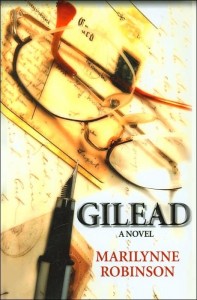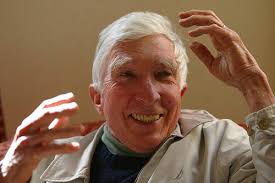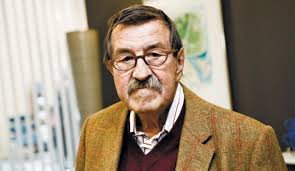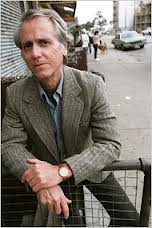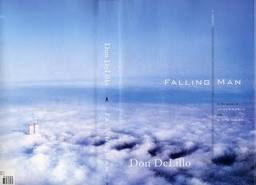[Two-minute read.]
I’m glad to know you, Eleanor Wachtel. I’ve been within a few feet of Ms. Wachtel, but never met her. Through her cool, superbly researched interviews on Writers and Company, though, I’ve spent sweet hours in the presence of such brilliant folk, and Eleanor did it for me again the other day. That time, it was a writer and translator, from languages I can’t speak, of books I hadn’t heard of. More homework for Howdy.
Jennifer Croft is a shockingly young person to have shared a Booker Prize, for translating Polish author Olga Tokarczuk’s Flights. She is a startlingly Oklahoman person to be a celebrated English-language conduit for literature in Russian, Polish, Ukrainian and Spanish, including her own novel-memoir Homesick, which she wrote in Spanish before translating it — mainly so her younger sister could read it. She is smarter than you and WAY smarter than me, and sports a childhood far more interesting, too, not that any of us would dial up that ordeal on some Alternative Life Choice-meter. I’ll admit, though: I envy her obsession and isolation, along with her intellect. This is not wise, I know.
I’m quoting Ms. Croft today for a tiny thing she said in the interview, not some intricate, gorgeous sentence-making she has spun. She is telling the story of the oddball manner in which an eccentric young girl from Oklahoma, and her desperately ill younger sister, came to immerse themselves in Russian and Ukrainian, respectively. Unusually for their family, the home-schooled sisters were watching television during the Lillehammer Olympics. The younger one idolized Oksana Baiul, the gold medal-winning figure skater from Ukraine. Jennifer, perhaps 12 or 13, was wowed by the brilliant Russian pairs skaters, Gordeeva and Grinkov, and did what any no typical American kid would do: she immediately went to the library for books on Russian grammar. “I wanted to do something obsessively and alone.” I was moved and intrigued by this recollection, but it was something she said later that still rings in my mind.
I remember Kurt Vonnegut’s comment on James Joyce, that the great Irish writer could spin the most dazzling, intricate sentences “but my favorite sentence in his short story Eveline is this one: ‘She was tired.’ At that point in the story, no other words could break the heart of a reader as those three words do.” This is how Croft hit me. For a similar reason, I’m quoting a simple statement that, in the context of the childhood story she was telling and the remarkable literary figure she has become, strangled me a little. She continues telling Ms. Wachtel what amounts to her Origin Story, the haphazard introductions to Ukrainian and Russian that a family acquaintance, who spoke some of both, gave to Croft and her sister, and the feverish six-hour forays that the former made into the system and the irregularities of a Russian language not even sharing an alphabet with English.
And then she said, slowly but undramatically,
“Eventually my sister moved on to other interests…
and I didn’t.”
It was that simple. Humble, diffident. And she didn’t.




